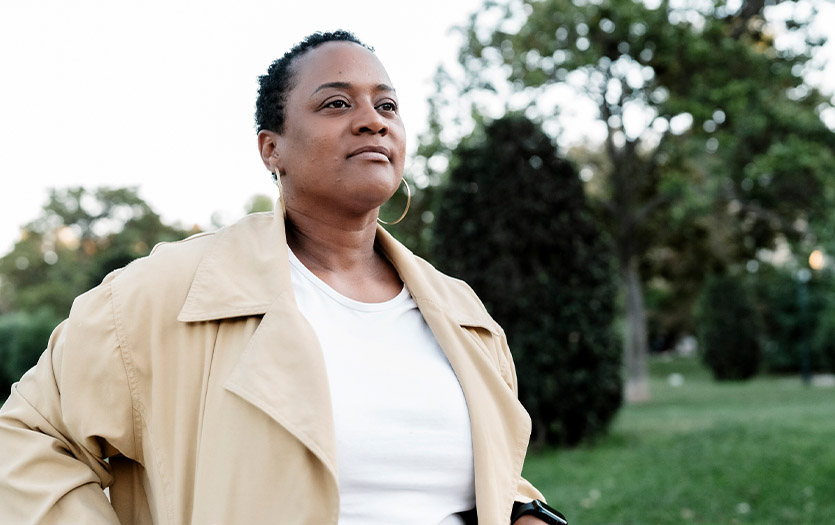Anyone who has faced a complex or advanced illness knows how overwhelming and unsettling the first days after the diagnosis can be. The Parkview palliative care program, the only in the state certified by the Joint Commission, strives to ease the treatment and care journey for patients by putting key navigators and services in place. We asked Christine Hepler, RN, MSN, director/administrator, Palliative Care - Home Health and Hospice, and Clevis T. Parker, Sr. MD, HMA, FAAFP, ABHPM, medical director, Palliative Care - Home Health and Hospice, to define palliative care and share more about the resources available.
Q. How does our certification differentiate the Parkview palliative care program from others?
Receiving Joint Commission certification is the highest level of quality recognition possible for a palliative care program. It validates that our program honors the wishes and preferences of those we serve.
Q. How would you define palliative care (vs. hospice)?
Palliative care is defined as a holistic service provided for those with a serious illness or condition. Patients receiving palliative care often continue with curative treatment for their condition. Life expectancy is not a determining factor to receive palliative services. Palliative care focuses on management of symptoms such as pain, shortness of breath and nausea. It helps patients understand their options for treatment. The palliative team works collaboratively with the patient’s other care providers to add an additional layer of support for the patient and family.
Hospice is a service provided to those who have a terminal diagnosis and life expectancy of 6 months or less. Patients who receive this service are no longer seeking a cure for their illness. It is holistic in its approach with a focus on comfort and providing dignity during the end of life.
Q. What is our goal for the patient?
Palliative care is all about the patient and improving their quality of life. We help them identify their goals and partner with them on their journey.
Q. What are some of the services we offer through palliative care?
A team of physicians, advanced practice nurses, social workers and chaplains provide consultation services to patients. Family meetings are often conducted to help patients and their loved ones make decisions about complex health care situations and future treatment. These consultation services and Advanced Care Planning are provided both inside the hospital and at an outpatient office setting.
Q. What is the biggest misconception about palliative care?
There are four common misconceptions about palliative care. First, many think if you begin palliative care you have to stop all other treatments. This is not the case. You are encouraged to pursue any treatments you desire during your time on palliative care. Second, people often think palliative care is the same as hospice care. The main difference is that palliative patients are often still seeking treatment for their serious medical condition, whereas a hospice patient has chosen to no longer seek treatment and rather desires/prefers comfort care during their end of life. Third, we often hear that patients think if they are on palliative care they are ‘giving up’. This is not the case. As noted, treatment is still encouraged. Our purpose is to stabilize through symptom management in order to enhance quality of life during the treatment stages of a serious condition. And finally, many believe palliative care “shortens” the life of the patient. This is also not true. We want to help every patient reach their goals, whether that is cancer remission, therapy regiments, pain minimization or simply quality of life enhancement.
For more information on Parkview’s palliative care program, call (260) 373-9800, Monday through Friday, 8 a.m. – 5 p.m., or (800) 363-9977, anytime (a registered nurse is on call).



